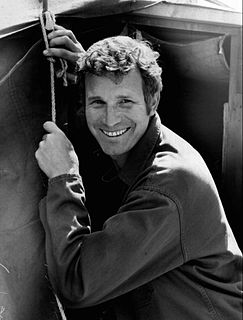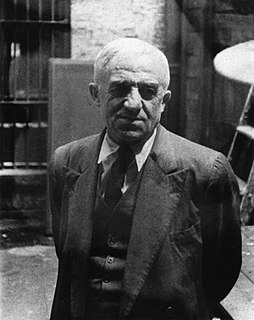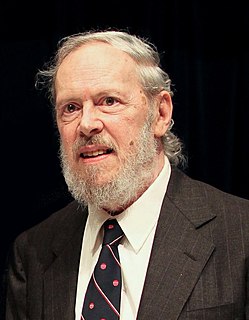A Quote by Roger Ver
St. Kitts' government is much more libertarian compared with the U.S. It's not even close.
Quote Topics
Related Quotes
I feel that if people investigate the emergence of government, of State power - if they examine the logic of State power historically, and more specifically in the United States - they will find that the concept of limited government is not tenable once they adopt some type of libertarian principle.
To call oneself a libertarian marxist today is not to look backwards but to be committed to the future. The libertarian marxist is not an academic but a militant. He is well aware that it is up to him to change the world - no more, no less. History throws him on the brink. Everywhere the hour of the socialist revolution has sounded. Revolution - like landing on the moon - has entered the realm of the immediate and possible. Precise definition of the forms of a socialist society is no longer a utopian scheme. The only utopians are those who close their eyes to these realities.
There isn't much point arguing about the word "libertarian." It would make about as much sense to argue with an unreconstructed Stalinist about the word "democracy" - recall that they called what they'd constructed "peoples' democracies." The weird offshoot of ultra-right individualist anarchism that is called "libertarian" here happens to amount to advocacy of perhaps the worst kind of imaginable tyranny, namely unaccountable private tyranny. If they want to call that "libertarian," fine; after all, Stalin called his system "democratic." But why bother arguing about it?
[Tomas] Jefferson is more out of fashion, both because of his views on race, where he's properly questioned, that part of his legacy, but also because the libertarian critique of bigness in business and government, the idea that size is a danger is something that's shared on the right when it comes to government and on the left when it comes to corporations, but not both.

































